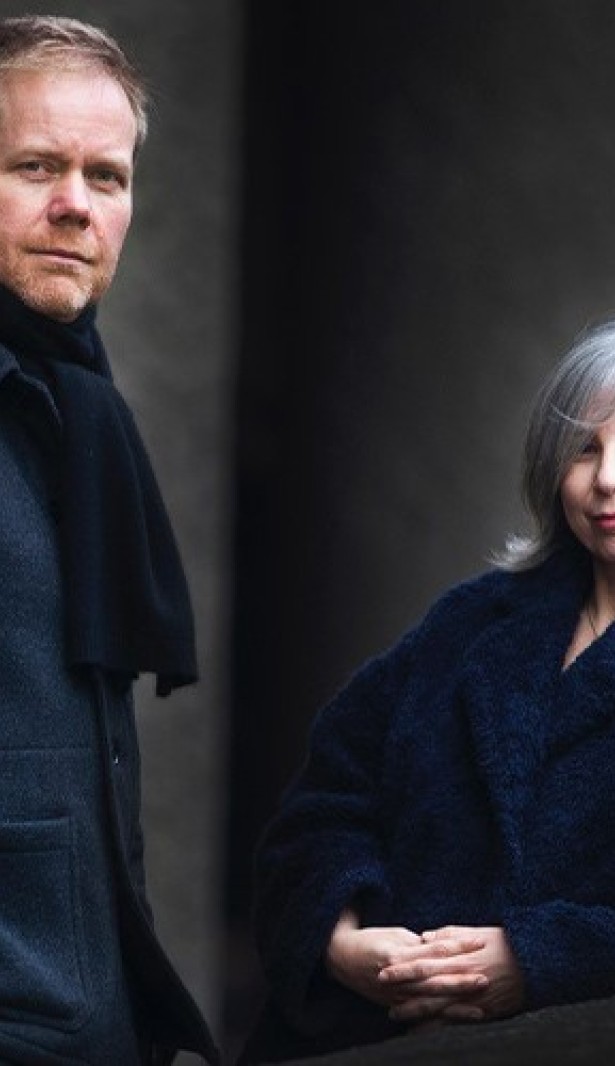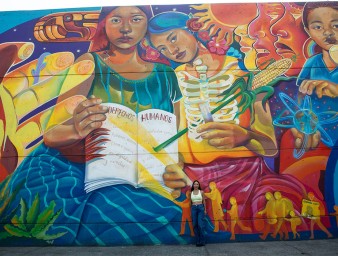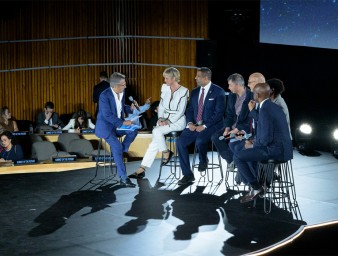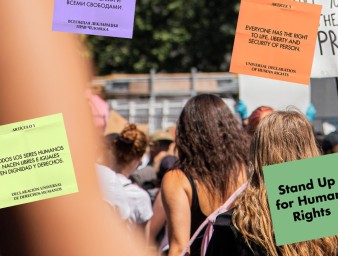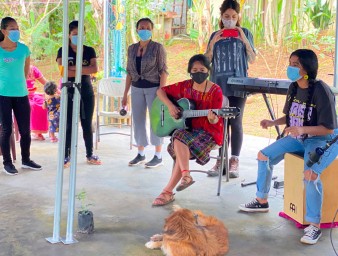Spreading the message of human rights through music
07 December 2020
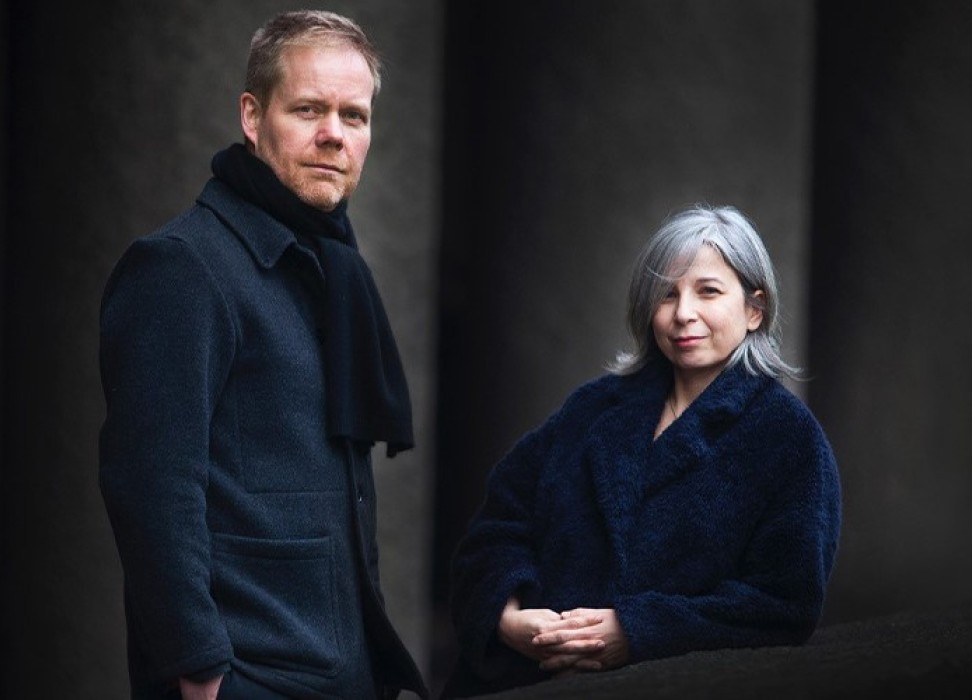
What do human rights sound like?
For award-winning composer and musician Max Richter, the answer is “Voices” – an album of orchestral and voice works based on the Universal Declaration of Human Rights (UDHR). Richter, along with award-winning filmmaker Yulia Mahr, have created a musical and film project to convey what they hope is an uplifting vision of a better, fairer world as set out in the Declaration.
Here, Richter and Mahr discuss more about what inspired this artistic vision of human rights.
The UDHR doesn’t seem like an obvious subject to set to music. Where did the impetus for Voices come from?
Richter: There’s something so fundamental about the words of the Declaration, that they have a kind of magical resonance in a way. They really chime with natural justice. And that was just something very inspiring bout, thinking about those texts, so it’s actually very natural to want to respond to them artistically.
Mahr: My family’s story is the story of the last century in Europe, that my grandparents fled fascism and the Nazis and spent 20 years in Chile. My grandmother…brought me up to have an understanding of human rights and the importance of the individual in the grand scheme of things. In times of big global shifts, human rights get strained. And (Max and I) started to think about the fact that this document is absolutely beautiful and the pinnacle of something, isn’t it? It’s there to guide us.
The track “All Human Beings” is based on the first article of the UDHR. You have a project where you have recorded this track in a number of different languages, why is that? And did you know that the UDHR is the most translated document in the world, according the Guinness Book of World Records?
Richter: The UDHR is a universal document in every sense of the word. Therefore, it seemed very natural to include as many languages as possible. We have recorded a dozen versions, through crowd sourcing. The idea is to having as many doorways into the music as possible.
You both are advocating these ideas about human rights in music and in film. Do you consider yourselves human rights defenders?
Mahr: Everyone should be a human rights defender. It’s fundamental to humanity. One of the things we became aware of early on in the project is how few people had read the text. Most people have heard of it… but don’t think it is relevant to them. But when people hear the words, they understand the relevance to themselves. It is relevant to every single human being on the planet.
Richter: It’s natural to creativity to gravitate towards things that you think are important and the things that you feel you would like to talk about. I think it’s quite natural. As Nina Simone said, “It’s natural for artists to talk about the times they are living in.” A project like this is a part of that tradition.
“Voices” will be broadcast for the first time on Human Rights Day, 10 December. Why was it important to bring out this particular piece this day?
Richter: It’s a wonderful occasion to celebrate human rights, to remind ourselves of them, to talk about them and to spread the message widely. Voices is all about the text of the Declaration. So, it seems right to try and present it this way on this day.
The main message for Human Rights Day this year is Recover Better, Stand Up for Human Rights. What does better look like for you, and how can artists help in recovery from the crisis?
Mahr: The world is under some strain, so human interaction is under some strain. But I hope people can come away with a great sense of compassion. No matter who we are, no matter which country we live in, it’s all to do with a shared community, shared experience of life.
Richter: You know, the Declaration sets us on a kind of path, and we’ve kind of strayed from that path. The world we see around us isn’t a world which reflects the values set out by the Declaration. The project is a way to remind us of human potential, human possibilities, human creativity and imagination.
You can watch the official video for “All Human Beings” as well as listen to Richter and Mahr discuss more about the connection between music and human rights during “Recover better: Stand Up for Human Rights” online event, broadcast here on Human Rights Day.
“Voices” will be broadcast for the first time on 10 December, Human Rights Day. The event can be heard on BBC Radio 3 and 35 international radio stations across the globe.
7 December 2020
